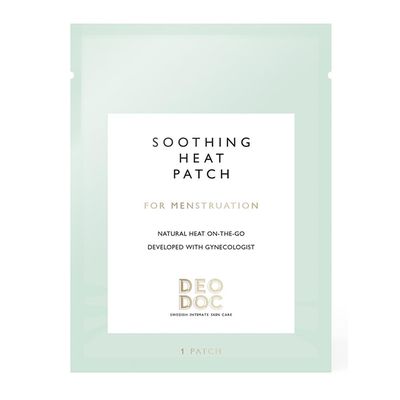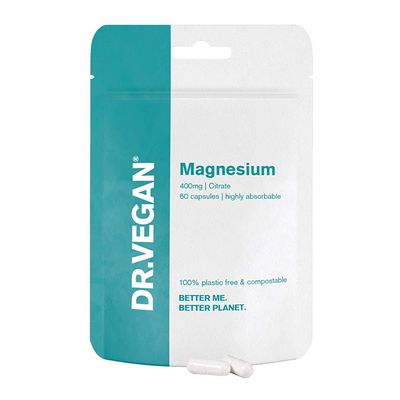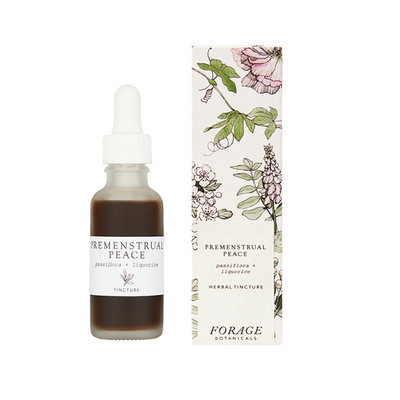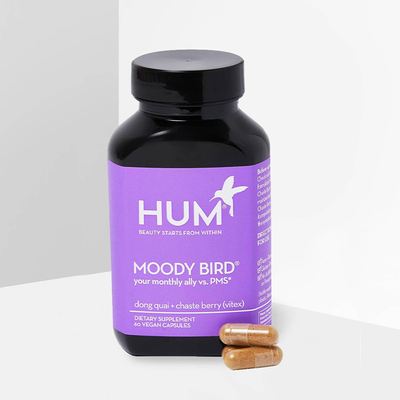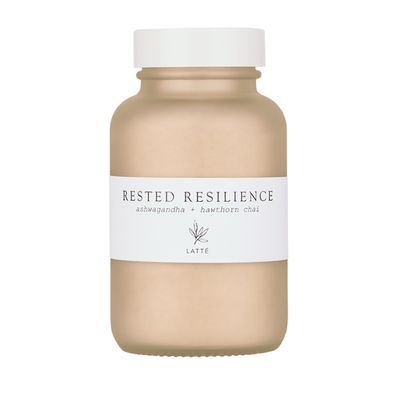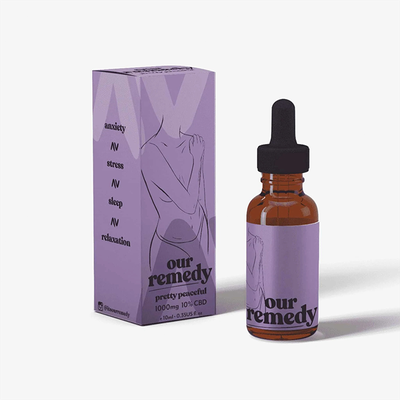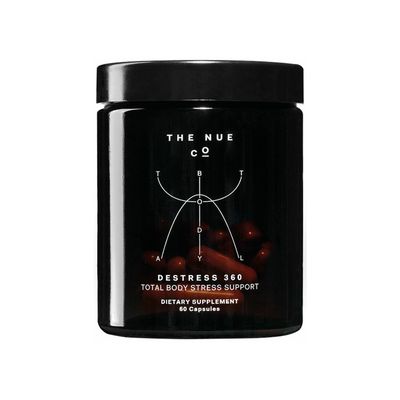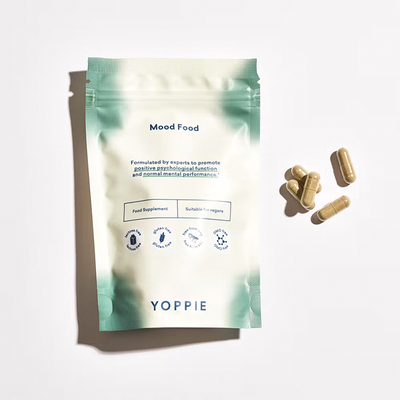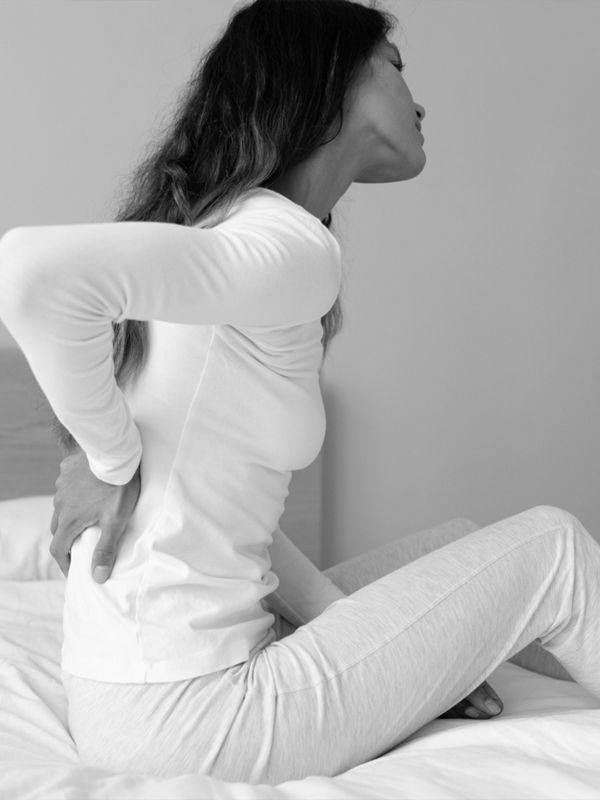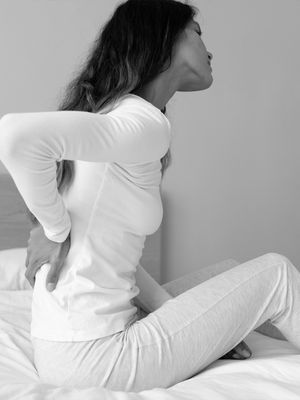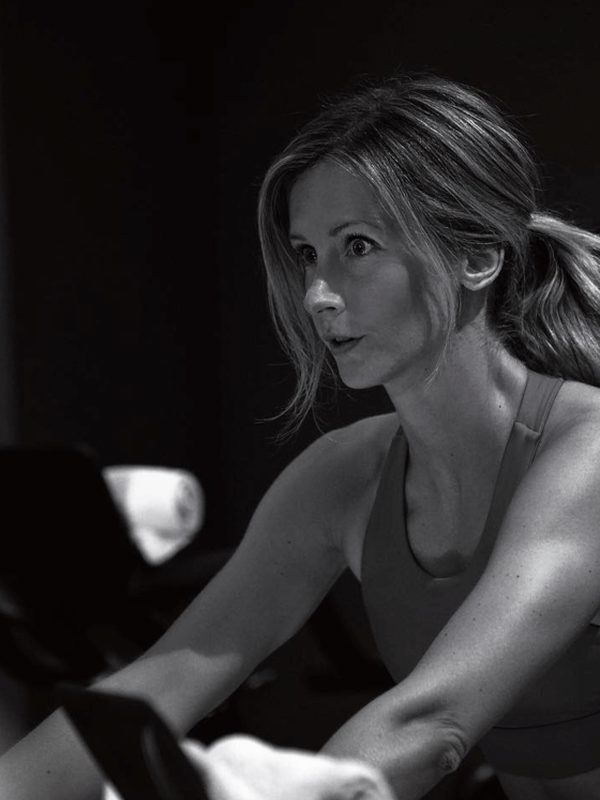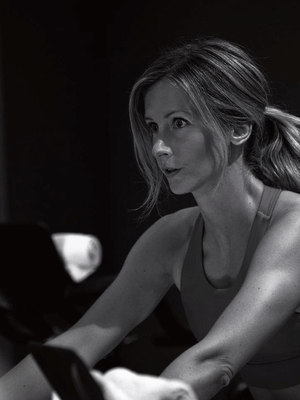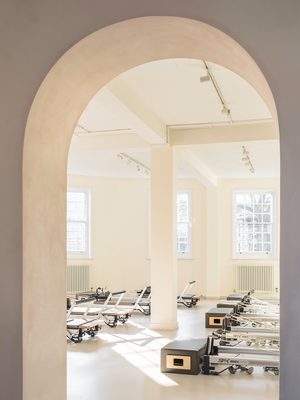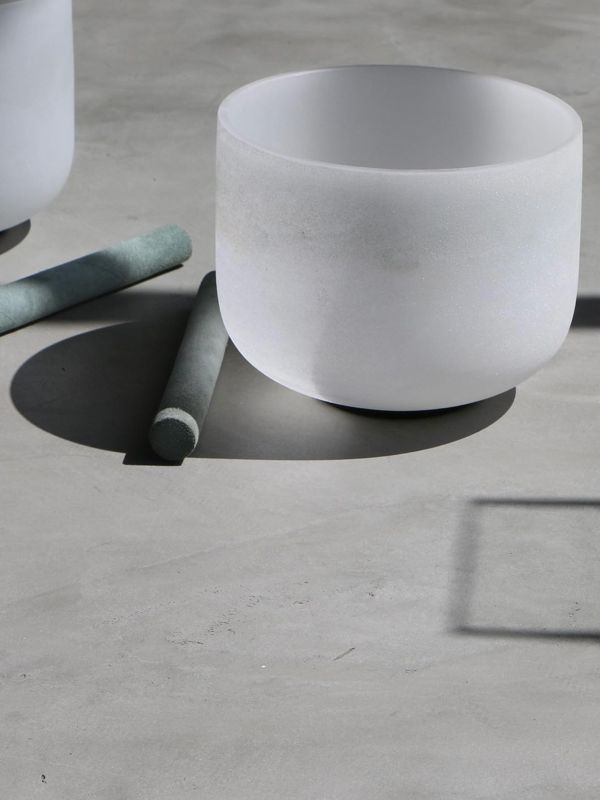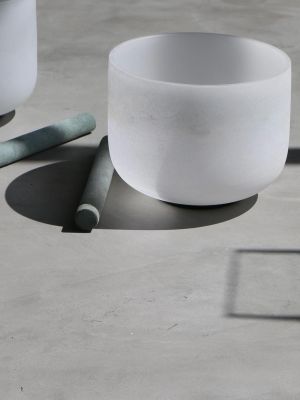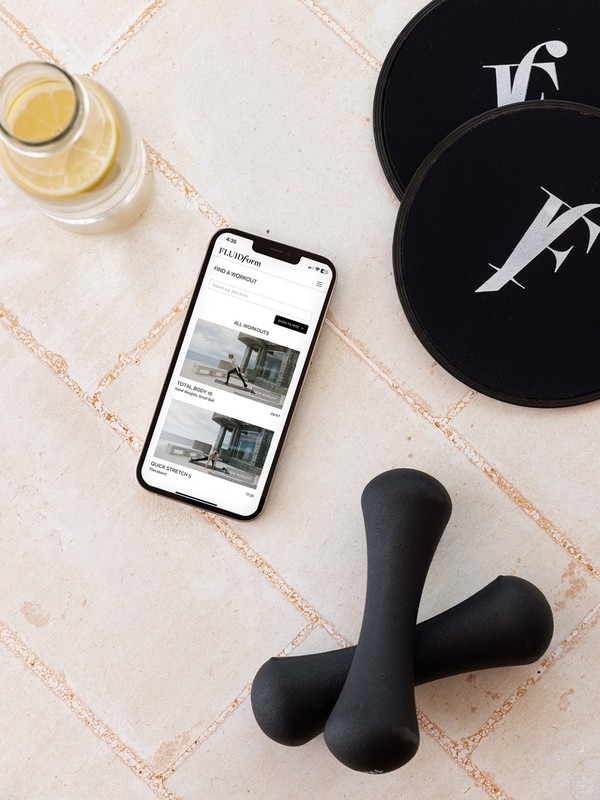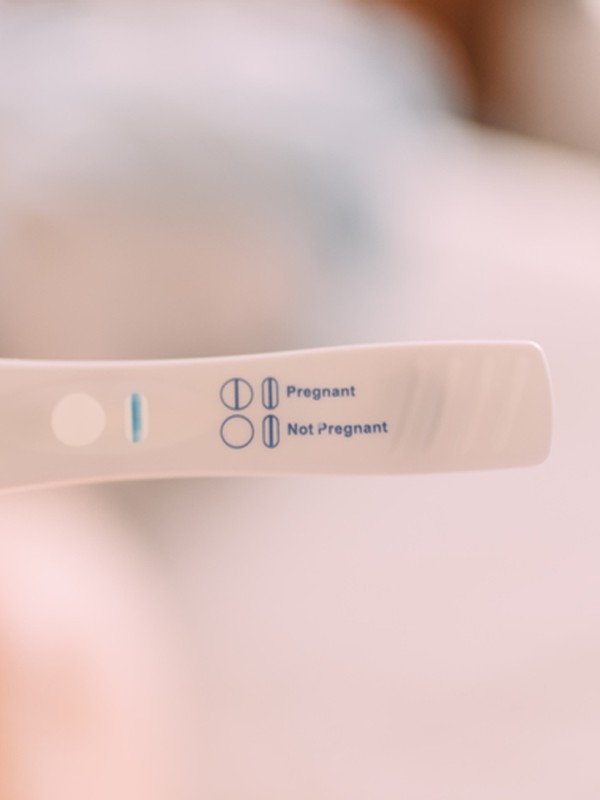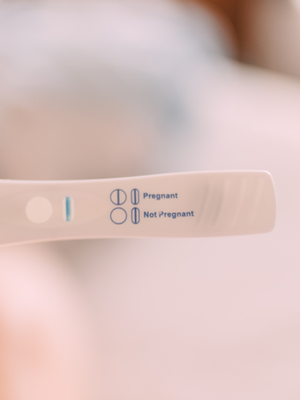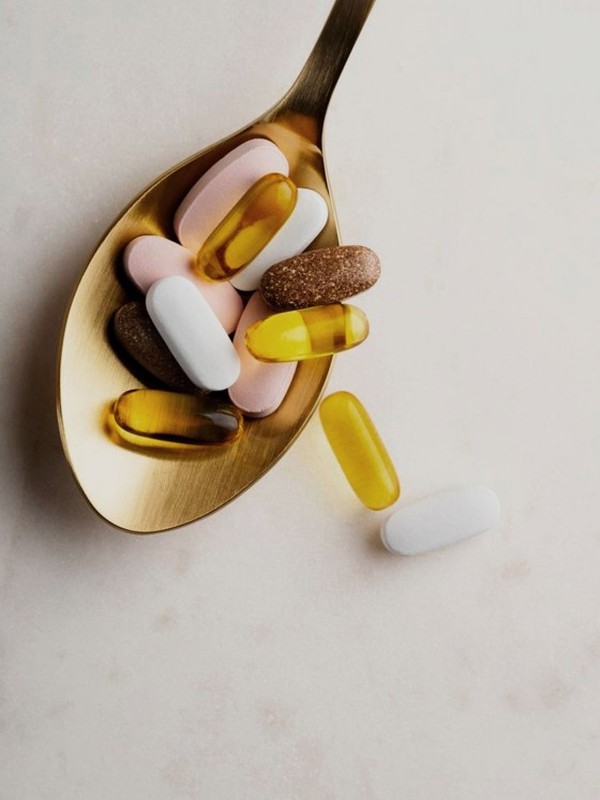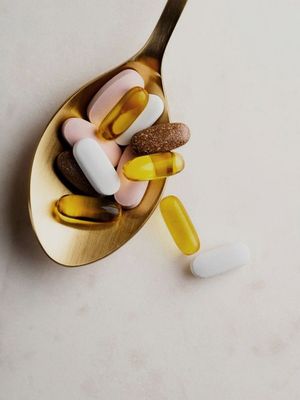

An Expert Guide To Dealing With PMS
All products on this page have been selected by our editorial team, however we may make commission on some products.

MUHAMMADTAHA IBRAHIM MA'AJI/PEXELS
Start By Keeping A Diary
“We can experience premenstrual symptoms towards the end of our menstrual cycle, in our late luteal stage, which is the five to seven days before our next period starts. These symptoms, however, aren’t inevitable. Instead, each of these symptoms – whether anxiety, depression, mood swings, cravings, pain or bloating – is a sign of either a nutrient deficiency, chronic inflammation, an imbalance between oestrogen and progesterone, or a need for gut health support. To better understand the pattern of any PMS symptoms, it’s valuable to start tracking your entire cycle (from day one of your period all the way through to the day before your next period starts) for at least three to four cycles. This will help you understand what symptoms, if any, you experience during your period, during ovulation, as well as right before your next period starts.” – Le’Nise Brothers, registered nutritionist & author of You Can Have A Better Period
Cut Back On Caffeine & Alcohol
“For some, caffeine and alcohol can exacerbate premenstrual anxiety. The research doesn’t currently show any connection between caffeine and premenstrual anxiety, but we do know caffeine increases cortisol levels, which can lead to energy crashes and sugar cravings, all of which can worsen premenstrual anxiety. Alcohol, meanwhile, depletes vitamin B6, which is essential for keeping oestrogen and progesterone levels in balance, as well as making serotonin, our happy hormone. When oestrogen and progesterone are out of balance with each other, this can exacerbate premenstrual anxiety, depression, mood changes and pain.” – Le’Nise
Have An Early Night
“Burning the candle at both ends – for example not getting enough sleep coupled with chronic stress – can worsen PMS symptoms. Sleep is the foundation of health and when we’re not getting enough of it, cortisol (our primary stress hormone) can stay persistently high, increasing stress levels. This can worsen premenstrual depression, anxiety, pain and cravings. Focus on building solid sleep habits, such as going to bed and waking up around the same time each day, sleeping in a dark, cool and quiet room, and giving yourself a bedtime routine to help your brain and body unwind and relax before bed.” – Le’Nise
Eat To Support Energy
“There are many theories that a lack of certain nutrients can lead to PMS, but there are no well-conducted clinical trials to prove what you eat has anything to do with PMS. However, following a well-balanced diet generally may help increase energy levels and support mood. You can certainly improve your intake for certain nutrients that women commonly lack. Women often don’t have enough zinc in their diet, which helps support the immune system – find it in red meat, poultry, seeds, wholegrains and legumes. B vitamins, meanwhile, are essential for supporting metabolism and regulating menstrual flow and red blood cell development. Red meat, legumes and nuts and seeds are great sources of B vitamins. We also lose iron through menstruation, which can make us more susceptible to a deficiency, leading to tiredness and fatigue, so keep levels topped up by eating red meat, dark green vegetables, beans and legumes.” – Hannah Samano, CEO & founder of Unfabled
Try CBD
“CBD can work wonders. It has incredible anti-inflammatory properties and its mild analgesic properties are said to help reduce pain. Topical CBD balms can also help soothe and relieve aches and pains, while ingestible tinctures also help. Our Remedy CBD Oil contains geranium, lavender and sweet orange, a combination that can aid relaxation and sleep – take as you need them and they will provide speedy and effective relief.” – Hannah
Upgrade Your Multivitamin
“If you are struggling with various PMS symptoms, consider taking Dr Vegan’s PMS Hero Premenstrual Support capsules, which are made with a blend of 12 ingredients, including ashwagandha, B vitamins, dong quai and chaste tree, which are believed to reduce cramps, breast tenderness, bloating, mood swings and cravings. Taking magnesium citrate can also help – not only is this type of magnesium helpful for psychological wellbeing, but studies also suggest it can significantly decrease menstrual cramps with regular use.” – Hannah
Balance Blood Sugar
“One side effect of the premenstrual phase is that blood sugar levels can start to fluctuate, which makes us crave sugary, simple-carb foods. Chromium and cinnamon can help regulate blood sugar during this time, so consider taking them in supplement form or sprinkle cinnamon over your breakfast. Swap white carbs for complex ones – sweet potatoes instead of white potatoes and brown rice instead of white rice – and you’ll help yourself maintain a more even blood sugar level, making mood swings less likely. If you can make these swaps, avoid refined sugar during this phase and get good-quality sleep, you’ll be onto a winner.” – Natasha Richardson, medical herbalist & founder of Forage Botanicals
Move Your Body
“Exercise releases endorphins, which interact with the receptors in your brain that reduce your perception of pain, and trigger a positive feeling in the body. One study found that aerobic exercise can help improve PMS symptoms, such as depression and fatigue, and that women who did 60-minute aerobic sessions three times a week for eight weeks felt much improved physically, mentally and emotionally. A separate study also found that women who participated in a 12-week yoga programme had less menstrual pain, cramps and bloating.” – Hannah
Stress Less
“We all lead busy lives and it can be hard to make changes, but lessening the amount of stress in your life can lead to a better period. When your body is stressed, it drives up your cortisol levels, which can cause havoc on the hypothalamus-pituitary-ovary interaction and result in irregular periods. Making a conscious effort to destress and relax both during your period and throughout your whole cycle can have a real impact. Getting enough sleep in the days before your period will also help.” – Hannah
Consider Adaptogens
“The natural dip in oestrogen and progesterone during the premenstrual phase means emotions can be wobblier and things that bothered you a little yesterday can bother you a lot today. Introducing supplements that support the stress response, such as adaptogens like ashwagandha and rhodiola, can be especially helpful in maintaining an even keel during the premenstrual phase as they help balance the hypothalamus-pituitary-adrenal axis. You’ll probably feel calmer as soon as you start taking adaptogens, but take them for at least a month before judging the effect they’ve had on your PMS. The longer the problem has been happening, the longer you’ll probably need to take them. Forage’s Rested Resilience was created exactly for this.” – Natasha
Up Your Fibre To Deal With Breakouts
“Hormonal breakouts often reach a peak during the premenstrual phase, coinciding with when we’re most likely to crave junk food. To support your skin and prevent breakouts, eat more fibre-rich foods (great sources include wholegrains, nuts, seeds, fruits and vegetables such as carrots, broccoli and leafy greens), and consider taking a dandelion supplement. Dandelion can help support liver function, which can become sluggish during stressful times and exacerbate breakouts. Our Radiance Tincture is packed with dandelion, burdock root and lemon balm to help the body and liver adapt to hormone spikes, calm skin irritation and support skin healing from the inside out.” – Natasha
Le’Nise Brothers is a yoga teacher and registered nutritionist, specialising in women’s health, hormones and the menstrual cycle. She is also the host of the Period Story podcast, which aims to break taboos around menstrual health and hormones. Her first book, You Can Have A Better Period, is out now. Also visit EatLoveMove.com, ForageBotanicals.co.uk & Unfabled.co.

KIRA SCHWARZ/PEXELS
Shop The Edit
DISCLAIMER: Features published by SheerLuxe are not intended to treat, diagnose, cure or prevent any disease. Always seek the advice of your GP or another qualified healthcare provider for any questions you have regarding a medical condition, and before undertaking any diet, exercise or other health-related programme.
DISCLAIMER: We endeavour to always credit the correct original source of every image we use. If you think a credit may be incorrect, please contact us at info@sheerluxe.com.
